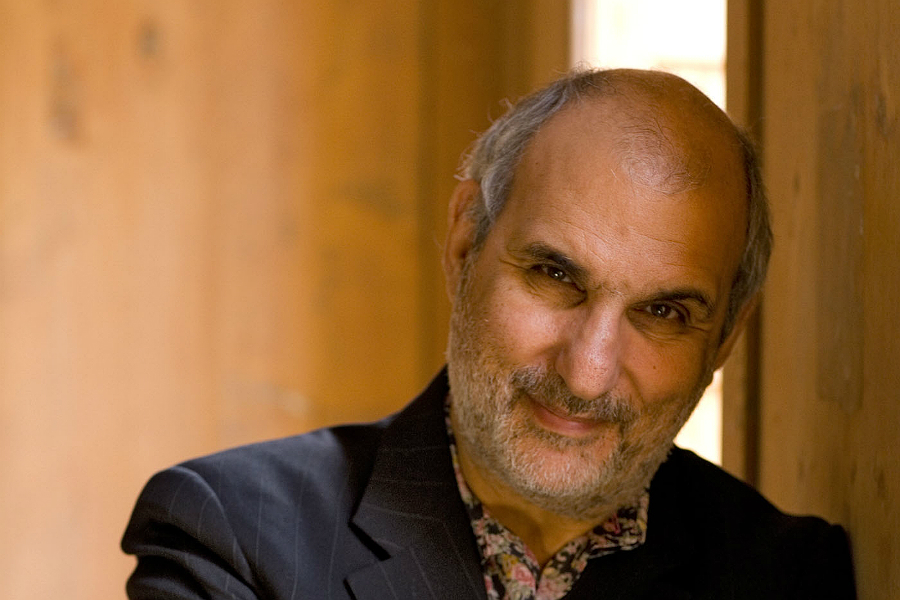The Big Interview: Alan Yentob

Creative Director of the BBC and John Moores Painting Prize judge, Alan Yentob, takes time out to talk Freud, Liverpool, and a challenging year for the arts…
The Double Negative: How did you get involved with the John Moores Painting Prize?
Alan Yentob: They approached me and asked, which I think they had in the past, but I didn’t have the time. I’ve always been a fan of the prize, and it’s the first of its type, coming before the likes of the Turner Prize. I looked at the rest of the panel, and said ‘yeah.’ I’m also a fan of the city of Liverpool, and I’ve taken an interest in its development in the last 10 years.
TDN: Are you excited or daunted by the prospect of judging the prize?
AY: Not too daunted, but curious. I feel well prepared. It’s good to debate and argue about art, but I’m not too interested necessarily in who the winners and the losers are.
TDN: It’s been described as the “Oscar of the British painting world.” How significant a prize is it?
AY: There are the two big prizes, Turner and John Moores. What’s significant is that it’s called the John Moores Painting Prize – British art in recent years has not tended to focus on painting, and the move back is significant and timely. I think as well, the death of Lucien Freud [in 2011] has thrown it back into perspective.
TDN: How is painting currently perceived?
AY: It is and always will be a genuine force. The early 20th century tended to produce challenging works, from the likes of Duchamp asking what art is for, but clearly, painting and visual arts have returned to the foreground. The expense and status of modern art meant collectors moving in that direction [away from painting]…but peoples skill and craftsmanship – these things are important once again.
TDN: Do you have a favourite painter?
AY: Richter [Gerhard] and Freud are big favourites, but I have lots, a lot of artists appeal to me. Early 20th century British art for instance, maybe hasn’t had the recognition it’s due, for example Paul Nash.
TDN: Those selected will be exhibited at The Walker. How does that play with the rest of the country?
AY: The Walker is a very significant gallery. It has status in the UK, Europe and the rest of the world… it’s one of the most important galleries in Britain. Factors like the Liverpool Biennial have helped the perception of the city in the arts, and the creativity of the city is recognised in the eyes of the nation.
TDN: With the country plunging from one calamity to the next, where do the arts sit on the nation’s priorities?
AY: It’s very important that Liverpool prioritise the arts. Local authorities everywhere have a responsibility to give space to the arts. Obviously, these are challenging times, and it’s important now more than ever that we’re not complacent about the arts. The arts need to be sustained however possible.
TDN: Lucian Freud said: “What do I ask of a painting? I ask it to astonish, disturb, seduce, convince.” What will you be looking for in a winner?
AY: What could be better than what Freud said? He was someone I admired very much, as well as his work as a painter. I’m happy to take his guidance on this.
The John Moores Painting Prize 2012 has had its registration deadline extended to 31 January. Register online here





